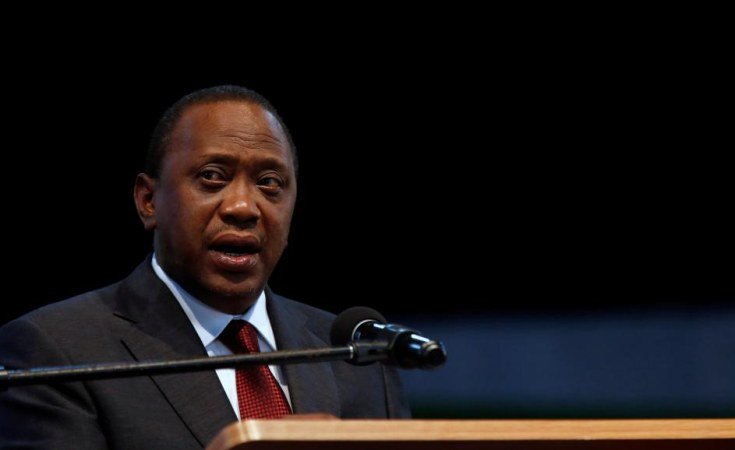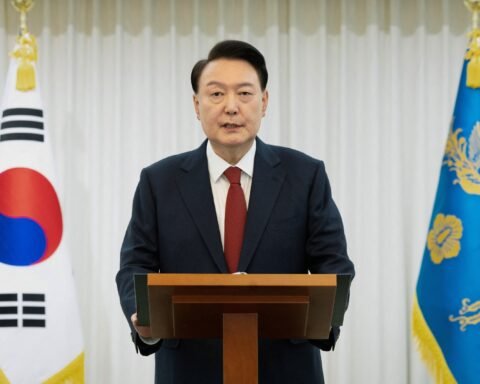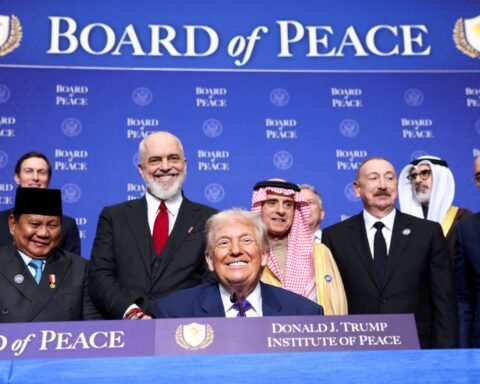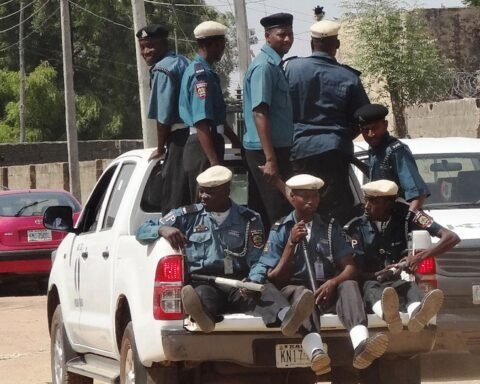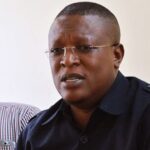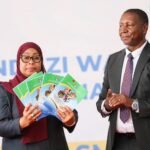Uhuru Kenyatta Urges Africa to Prepare for Pandemics
Former Kenyan President Uhuru Kenyatta has called on African nations to take charge of their own pandemic preparedness, emphasizing the need to invest in local vaccine production and reduce dependence on foreign aid.
Speaking at a recent event, Kenyatta reflected on Africa’s struggles during the COVID-19 pandemic and warned that the continent cannot afford to be caught off guard again.
“As Africans, we must not always look to others for assistance,” he said. “We were excited watching CNN and BBC report on new vaccine rollouts, yet none were coming to us. In any future pandemic, we should not expect to be a priority—they will first take care of their own and only give us the surplus, sometimes for free.”
His comments come at a time when African leaders are expressing concern over global health policies, particularly the impact of the United States’ decision to withdraw from the World Health Organization (WHO) under former President Donald Trump. The move resulted in funding cuts that affected critical health programs across the continent, including those supported by the United States Agency for International Development (USAID).
Also Read; National Energy Compacts: A GameChanger for Africa’s Future
For many African nations, including Tanzania, these cuts have had serious consequences. Programs like the President’s Emergency Plan for AIDS Relief (PEPFAR), which has played a crucial role in fighting HIV/AIDS, have seen reductions in funding. Health experts warn that without sustained support, millions of people could face greater risks of disease transmission and loss of access to life-saving treatment.
Kenyatta’s remarks highlight a growing push among African leaders to strengthen the continent’s health systems and reduce reliance on external donors. The African Union (AU) has been advocating for increased investment in local vaccine production, medical research, and pharmaceutical industries to ensure Africa can respond more effectively to future health crises.
During the COVID-19 pandemic, Africa was largely dependent on international donations, receiving vaccines months after wealthier nations had secured their supplies. This delay exposed deep inequalities in global health systems and reinforced the urgency of building self-sufficient healthcare infrastructure.

